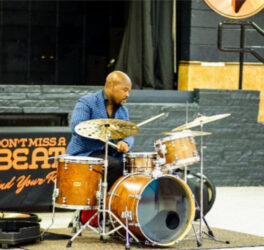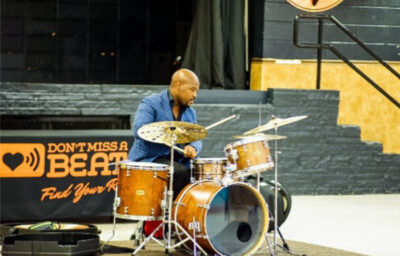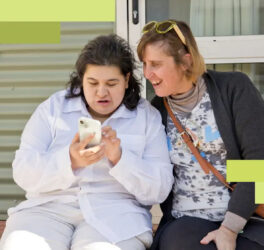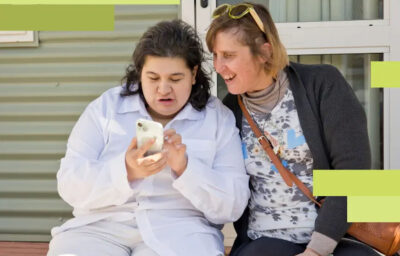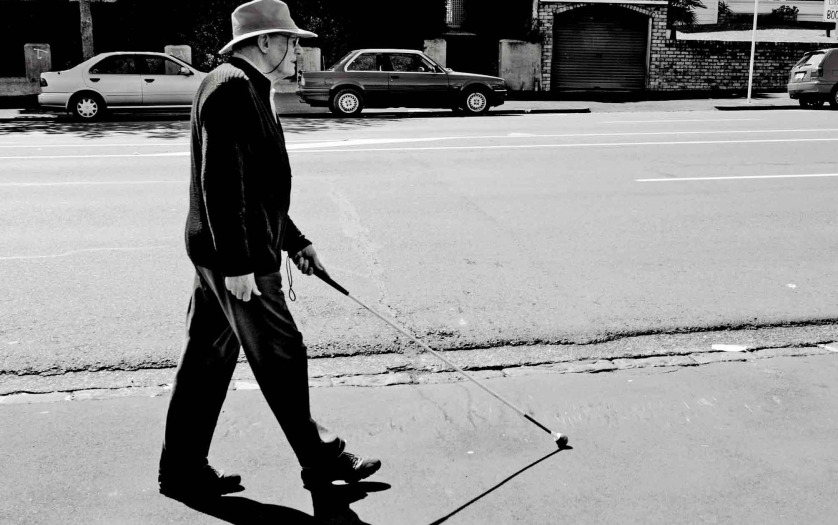
Eye Health Aotearoa (EHA) are disappointed that there is no provision in the Health Budget 2022 for a National Eye Health Survey to help the government enable access to equitable, quality eye health services and prevent avoidable vision disability.
EHA believe the Government is yet to fully recognize the current inequity for New Zealanders in accessing quality and timely eye health and vision care services, to prevent avoidable blindness.
For a number of years, Eye Health Aotearoa and New Zealand’s eye health sector industry leaders have been campaigning for a National Eye Health Survey, so that the state of the country’s eye health can be properly understood and steps can be taken to prevent avoidable blindness and vision loss.
Additionally, the Ministry of Health currently categorises eye health and vision care as a chronic condition where vision loss is seen as a disability rather than something that can be prevented through public health.
Eye Health Aotearoa were pleased that Health Budget 2022 included “$6.996 million over three years from 2023/24 for the operation of 20 portable retinal cameras in areas that do not currently have them, to ensure equitable access to retinopathy screening for premature babies and help prevent one of the leading causes of blindness in New Zealand.
The Retinopathy of Prematurity (ROP) is a, “Rare but important cause of blindness” according to Dr Justin Mora, EHA’s Royal Australian New Zealand College of Ophthalmologists representative. He said, “It actually comprises only a tiny proportion of the visually impaired, particularly compared with Age-related Macular Degeneration, glaucoma and diabetic retinopathy.” “We acknowledge that spending as helpful but it doesn’t put a dent into the need for real action”.
“Currently there is no data available on the New Zealand population’s eye health. We rely on extrapolating from Australian data to estimate the situation in Aotearoa.” says EHA spokesperson and prominent Ophthalmologist in the Eye Health sector, Dr Justin Mora.
Eye Health Aotearoa believe that a National Eye Health Survey is the key first step towards really understanding gaps in public access to eye health services across New Zealand.
“What we urgently need now is a National Eye Health Survey to assist in developing a joined up National Eye Strategy that prioritises person-centred eye care that provides universal access to eye health education, prevention, treatment and vision rehabilitation.” Mora continues.





